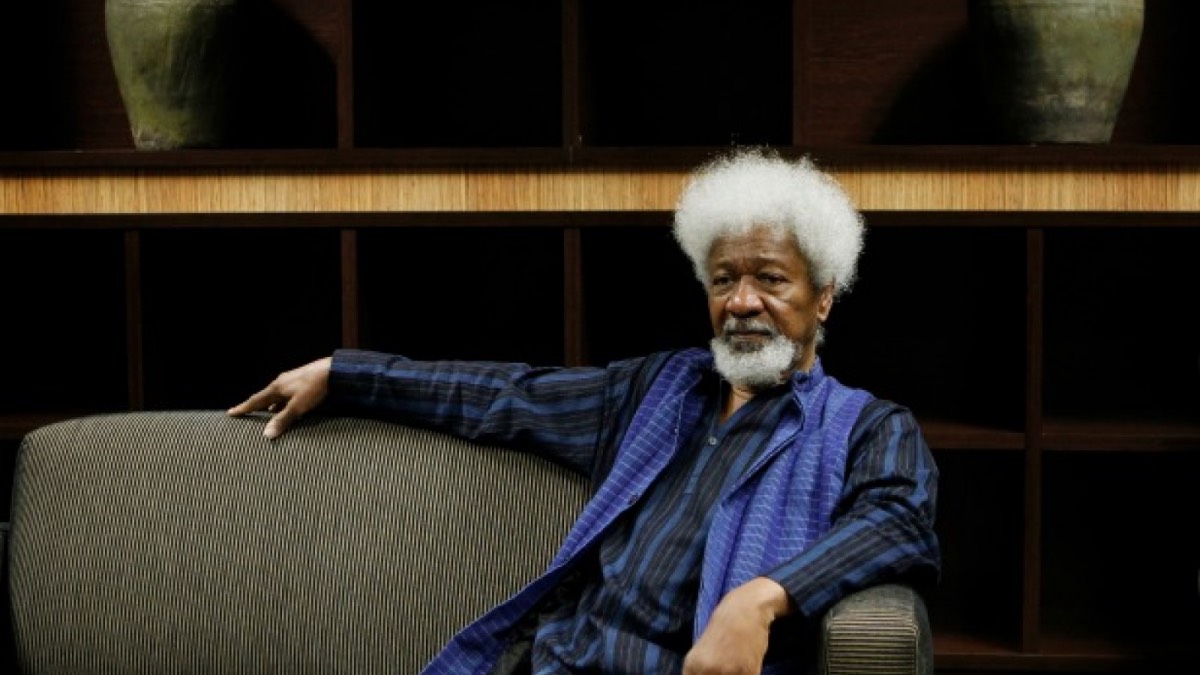[dropcap]O[/dropcap]nline gambling is a very popular form of entertainment all over the world. Unfortunately, the laws governing the business are lacking in many jurisdictions, leaving many loopholes for operators and players to make use of. The next big market for online gambling operators will be Africa, where smartphones with internet connections are spreading fast as we speak.
Even though most countries – like Nigeria – have laws governing traditional gambling, there are still things unsolved that should be taken care of before the business spreads rapidly through the area.
The bad example – Canada
Many countries have online gambling laws that are controversial but Canada’s is perhaps one of the worst ways to tackle the situation. In Canada, online gambling is a state monopoly, reserved to regional lottery operators – non-profits that return most of their proceedings to the community.
Yet there is no law that effectively prevents the locals from using offshore operators like the All Slots Casino, and no law that would prevent the All Slots Casino and its likes from accepting Canadian players.
To make things worse, most provinces offer no local alternatives to players – only three of the country’s ten provincial lotteries have launched their own online gambling outlets – which leaves players with no alternative but to play at All Slots Canadian online casinos.
Instead of banishing international operators, the Canadian should have offered them licenses, and required them to pay taxes on the revenues generated through these services. The current situation leaves a lot of room for the Canadian players’ money to leave the country.
What’s the market like in Nigeria right now
The situation is similar to that in Canada, but with a twist – according to Chapter 22 of the Criminal Code Act enacted in 1990, games of pure chance that don’t favor the player are illegal in the country. This doesn’t stop local players from seeking out their preferred form of online entertainment at offshore operators.
Some international casino operators are not only open to players from Nigeria but also allow them to make deposits and withdraw funds using local currency. Thus, the money they spend on their online fun leaves the country, and – due to the insufficient regulation – it doesn’t generate any tax revenue for the budget.
Different countries handle the online gambling market in different ways. One of the most radical stances in the European Union is that of Romania. The country has introduced a pretty strict online gambling legislation in 2014, requiring operators that wanted a license to pay taxes on their revenues generated by Romanian players retroactively for the last five years. And when it comes to market access, their approach might seem even more radical: they simply blocked all operators with no license at an ISP level.
Players can still circumvent the block by using proxies but the operators with no license do not accept them as real money players anymore. A similar solution – that of controlling the market instead of banning all games – could be beneficial to the Nigerian budget, too, allowing some operators to access the market and cashing in on the tax revenues and licensing fees they generate.














